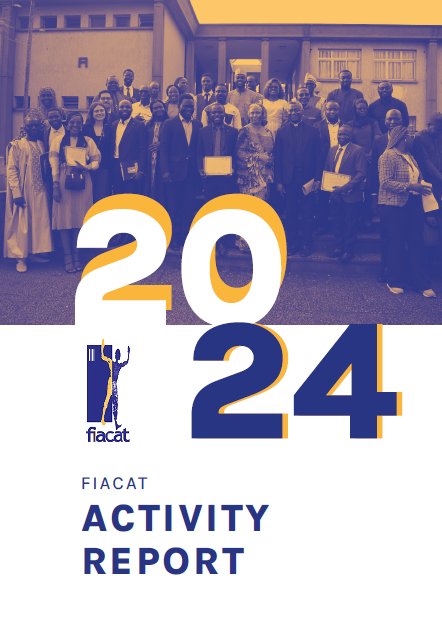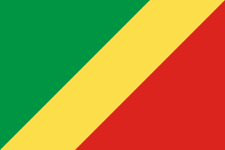Congo : accession to the Optional Protocol to the Convention against Torture and Other Cruel, Inhuman or Degrading Treatment or Punishment (OPCAT)
Brazzaville, Paris, 29th May 2024
On 26 April 2024, the Congolese authorities deposited the instrument of accession to the Optional Protocol to the Convention against Torture and Other Cruel, Inhuman or Degrading Treatment or Punishment (OPCAT) to the Secretary General of the United Nations in New York.
ACAT Congo, FIACAT and the United Against Torture consortium welcome the deposit of the instrument of accession to OPCAT by the Congolese authorities, which reflects their determination to combat torture in places where people are deprived of their liberty (prisons, youth protection institutions, police stations, pre-trial detention centres, psychiatric hospitals, centres for migrants, etc.) by implementing a national mechanism for the prevention of torture and other cruel, inhuman or degrading treatment or punishment.
Following the signature of OPCAT on 29 September 2008 and the adoption of Law No. 9-2016, promulgated by the President on 25 April 2016, authorising the ratification of this instrument, this latest development finalises the process of Congo's accession to this key instrument in the fight against torture and other cruel, inhuman or degrading treatment or punishment in places where people are deprived of their liberty.
This accession was supported by a joint advocacy effort involving several human rights organisations, including ACAT Congo and FIACAT, following the authorities' reiterated pledge to ratify the instrument at the inter-regional conference on OPCAT in Yaoundé in October 2023, and at the country's Universal Periodic Review on 30 January 2024.
UATC and ACAT Congo will continue to support the national authorities in implementing Congo's international obligations at the national level. In this respect, our organisations emphasise the key role and expertise of civil society actors in the regular and independent monitoring of places of deprivation of liberty, in particular through their continued work with people deprived of their liberty. Close cooperation between the authorities, actors within the criminal justice system and civil society would ensure the establishment of an effective and independent national preventive mechanism in accordance with OPCAT provisions.
The United Against Torture Consortium (UATC) is an EU-funded project that pools the strengths and expertise of six international anti-torture organisations, in partnership with over 200 civil society organisations and other partners in more than 100 countries, to strengthen and expand torture prevention, protection, rehabilitation and strategic litigation.
Press contact: Marion Valeray, Communication Officer : m.valeray@fiacat.org / +33 (0)6 95 19 66 74




